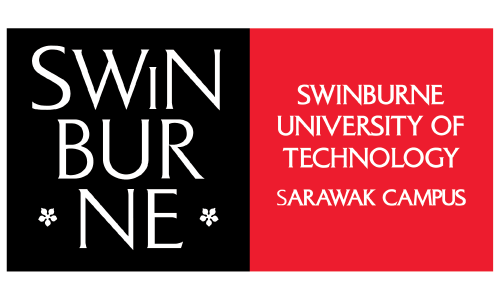
Graduate Diploma of Arts (Teaching English to Speakers of Other Languages)



| Yearly Tuition fees | |||
|---|---|---|---|
| Year | Fee | ||
| 1st Year | MYR 22,640 | ||
| Other Fees | |||
|---|---|---|---|
| Description | Fee | ||
| Graduation Fee | MYR 500 | ||
| Visa Fee | MYR 2,000 | ||
The Graduate Diploma of Arts (TESOL) program at Swinburne University of Technology Sarawak Campus is specifically designed to cater to the growing demand for a diploma course in Teaching English to Speakers of Other Languages (TESOL). This one-year program is aimed at facilitating the development of disciplinary knowledge in second language acquisition, with a particular emphasis on teaching English to non-native speakers. It equips both prospective and in-service teachers with essential basic and intermediate tools for effective classroom practice in the field of TESOL. The program also delves into current theories and pedagogy in second/foreign language teaching, allowing students to explore in-depth perspectives. Through an examination of classroom issues related to TESOL, students critically analyze and evaluate different teaching methodologies. The Graduate Diploma of Arts (TESOL) program provides a comprehensive foundation for individuals seeking to enhance their expertise in TESOL and advance their teaching careers.
For other qualifications and certificates (e.g., UEC, Foundation, STAM, etc..) please contact our educational consultants or submit your application for Admission assessment.
MAT4101 Phonology and Grammar for English Teachers
This unit will develop students’ knowledge of phonology of the English language to prepare them to teach English effectively. It will also develop students’ knowledge of the morphology and syntax of the English language, enabling students to compare and contrast English language grammar with that of one or more local major languages, and to apply this knowledge to teaching English grammar.
MAT4104 Methods and Approaches of TESOL
This unit will introduce students to the main approaches to the teaching of the English language, helping them to develop a critical understanding of the theoretical concepts underlying these approaches.
MAT5101 Theories and Practices: Listening, Speaking, Reading and Writing
In this unit, students will develop an in-depth understanding of how listening, speaking, reading and writing skills are acquired and a pedagogical knowledge of the different functions of these skills, to design lessons which integrate a variety of teaching practices and resources, including technology, to engage students in effective learning.
EDU60001 Nature of Learning and Teaching (online)
This unit will enable students to explore learning and teaching theories, models and approaches for contemporary Higher Education contexts.
MAT4103 Educational Management and Leadership
This unit introduces students to the importance of leadership in schools as part of professional development and the need for leadership in improving teaching and learning practices in and out of the classroom.
EDU60003 Curriculum Design and Assessment (online)
In this unit, students will explore effective curriculum and assessment design through the identification and application of key concepts associated with the development of curricula. They will consider the central roles that intended learning outcomes, aligned learning activities, and formative and summative assessment play in ensuring an effective curriculum.
EDU60002 Digital Learning Environments or EDU60014 Design and Delivery for Online Learning (online)
In these units, students will focus on the use of digital technologies for enhancing learning and teaching through appropriate pedagogical design. Students will also explore how to integrate good online teaching practice into face to face, blended and online environments. They will acquire online learning design skills and apply them to develop engaging learning activities, assessment tasks and feedback methods that effectively promote student learning and engagement.
EDU60004 Scholarly Teaching: To Explore, Evaluate and Improve or EDU60005 Dynamics of Diversity for Inclusive Learning and Teaching (online)
In these units, students will explore the concept of teaching as a scholarly activity and develop strategies for evaluating their teaching in order to use evidence to improve student learning, inform teaching practice and further their professional learning and career. Students will also challenge notions of diversity, the implications for teaching, and create inclusive learning environments.
The team typically replies in a few minutes.